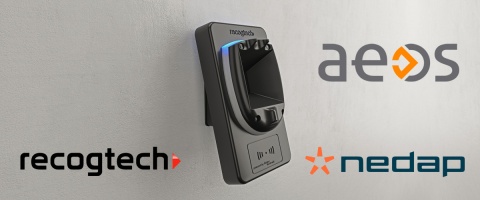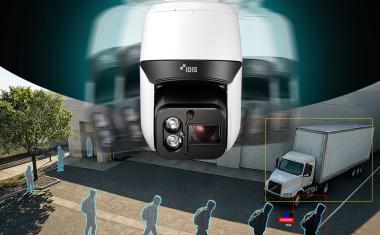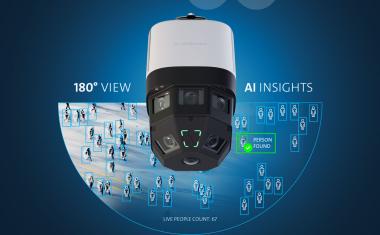Nedap and Recogtech team up

A new partnership between Nedap Security Management and biometric security specialist Recogtech has made highly secure palm vein recognition technology available for a much wider audience. Recogtech’s Palm-ID and Palm-ID card have been integrated with Nedap’s AEOS access control system. The integration enables Nedap clients worldwide to use both technologies (based on palm vein recognition technology) in combination with AEOS.
This verified partnership was cemented once Nedap’s access control experts had extensively tested and validated Recogtech’s technology.
”Recogtech is a wonderful addition to our ecosystem of integrations as we are able to provide a highly secure and scalable biometric access control solution. On top of that, Recogtech has adopted a very proactive approach when it comes to GDPR challenges that arise in biometric environments with their Palm-ID card, which is impressive!” says Wesley Keegstra Technical Engineer and Solution & Integration Specialist at Nedap Security Management.
Palm-ID: accurate, fast and reliable
The Palm-ID is based on the PalmSecure sensor – an extremely reliable security sensor developed by Fujitsu for palm-vein recognition. The registration is fully integrated in AEOS. “The Palm-ID is a high-end security product. It works very fast, has a very low false acceptance rate and can be used by large numbers of people,” says Recogtech director Eduard de Knegt.
Palm-ID Card: a privacy-proof, on-card template
Recently, Recogtech’s Palm-ID solution has also become available for use on a smart card designed for readers using Mifare Desfire (EV1) technology. This product doesn’t connect to the network or use a database. The biometric data is written on the card and it works in a completely standalone capacity.
Once the card is presented to the reader, the sensor starts verifying the stored biometric data on the card with the live feed. This is done by 3 processors “on a need to know base”. After a successful match, the card number is passed to the AEOS controller.
Within Europe, there’s no stronger protection or a more widely accepted security solution for biometric data. “The Palm-ID card uses a three-processor technology,” Eduard de Knegt explains. “They process data separately on a need-to-know basis. This means that the information used by each processor is limited. And users keep hold of their own biometric data on a personal card.”
Providing controlled access to different locations
An extra advantage of the Palm-ID card is that multinationals can easily give employees secure access to different locations worldwide. Eduard de Knegt says: “You don’t have to register employees’ personal details in separate databases anymore because the system doesn’t use a database.”
Increasingly popular in the business world
The Palm-ID is widely used for access control by the justice system, government institutions, the banking sector and healthcare organizations. With the integration into AEOS, this popularity will only further increase expects Eduard De Knegt: “With thousands of clients worldwide, Nedap has a huge customer base, many of which are the same types of customers that we serve. These clients can now benefit from our integrated solution to increase their security levels in a streamlined way.”
















